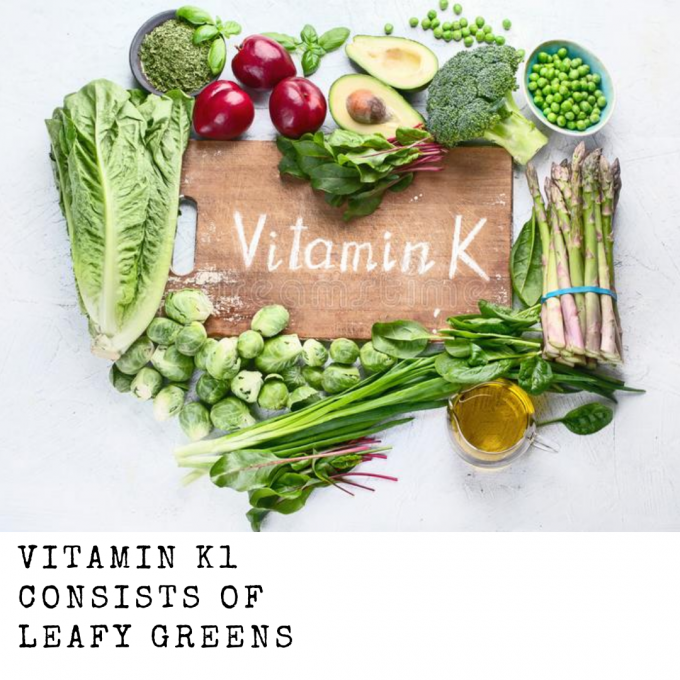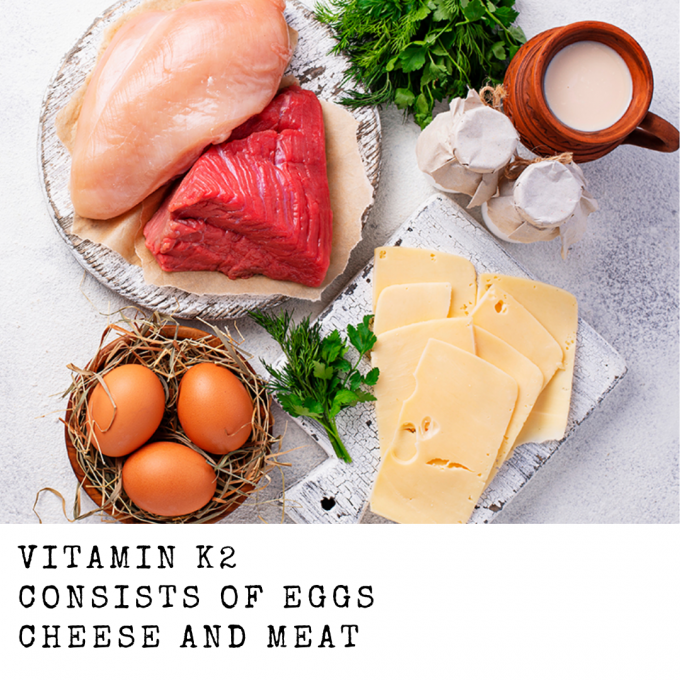WHAT IS VITAMIN K?
Vitamin K is an essential vitamin that helps with clotting and prevents excessive bleeding. Vitamin K is in fact a family of compounds which include Vitamin K1 and K2. Vitamin K1 is found in vegetables such as asparagus, broccoli, cabbage, collard greens, kale, lettuce, spinach and legumes such as chickpeas, lentils, and soybeans. Vitamin K2 can be found in meat, cheeses, eggs, and food synthesized by bacteria (fermented foods).


WHY ARE WE TALKING ABOUT VITAMIN K? DOES IT IMPROVE HEART HEALTH?
Yes, indeed. Apart from its role in maintaining good skin, healthy bone metabolism and promoting proper brain function, studies have shown that K2 may help prevent heart-related diseases. In particular, Vitamin K2 role may be especially crucial in directing the body’s use of calcium to build bones while inhibiting blood vessel calcification (calcium deposits) or heart valve calcification.
Calcification of the coronary arteries can result in a narrowing of the arteries and lead to a reduced blood supply to the heart. This can cause chest pain and contribute to heart attack risks. (The degree of calcium can be quantified using CT calcium score assessment)
Calcification of heart valves can also lead to conditions like aortic stenosis tiffening of the heart valve which stops blood from being pumped out effectively from the heart) and result in symptoms of breathlessness and reduced longevity. This condition can be diagnosed by an echocardiogram.
Several medical journals such as the Journal of the American Heart Association1 have cited that a vitamin K-rich diet is associated with a reduced risk of atherosclerosis-related cardiovascular disease2, (ASCVD) a condition that affects the heart or blood vessels by up to 34%. In a study conducted by the researchers on the topic of Danish Diet Cancer and study over a 23-year period, the investigators examined data of more than 50,000 participants who consume a higher vitamin k diet, have a lower risk of ASCVD hospitalization rate.
Please note that there are medications that can interact with vitamin K (Examples include blood thinners, antibiotics, drugs for cancer, seizures, high cholesterol medication, etc). This list is not exhaustive. Always discuss with your doctor before consuming any form of supplements or kickstarting a new diet plan.
Fun fact: Did you know that ‘Natto’, a Japanese dish made from fermented soybeans, is one of the richest sources of vitamin K2 available at almost all supermarkets. One tablespoon of Natto contains 150micrograms of vitamin K2, about twice the recommended intake.
Reference:
1 https://www.ahajournals.org/doi/10.1161/JAHA.120.020551
2(Atherosclerosis is the thickening or hardening of the arteries caused by a build-up of plaque in the inner lining of an artery).

